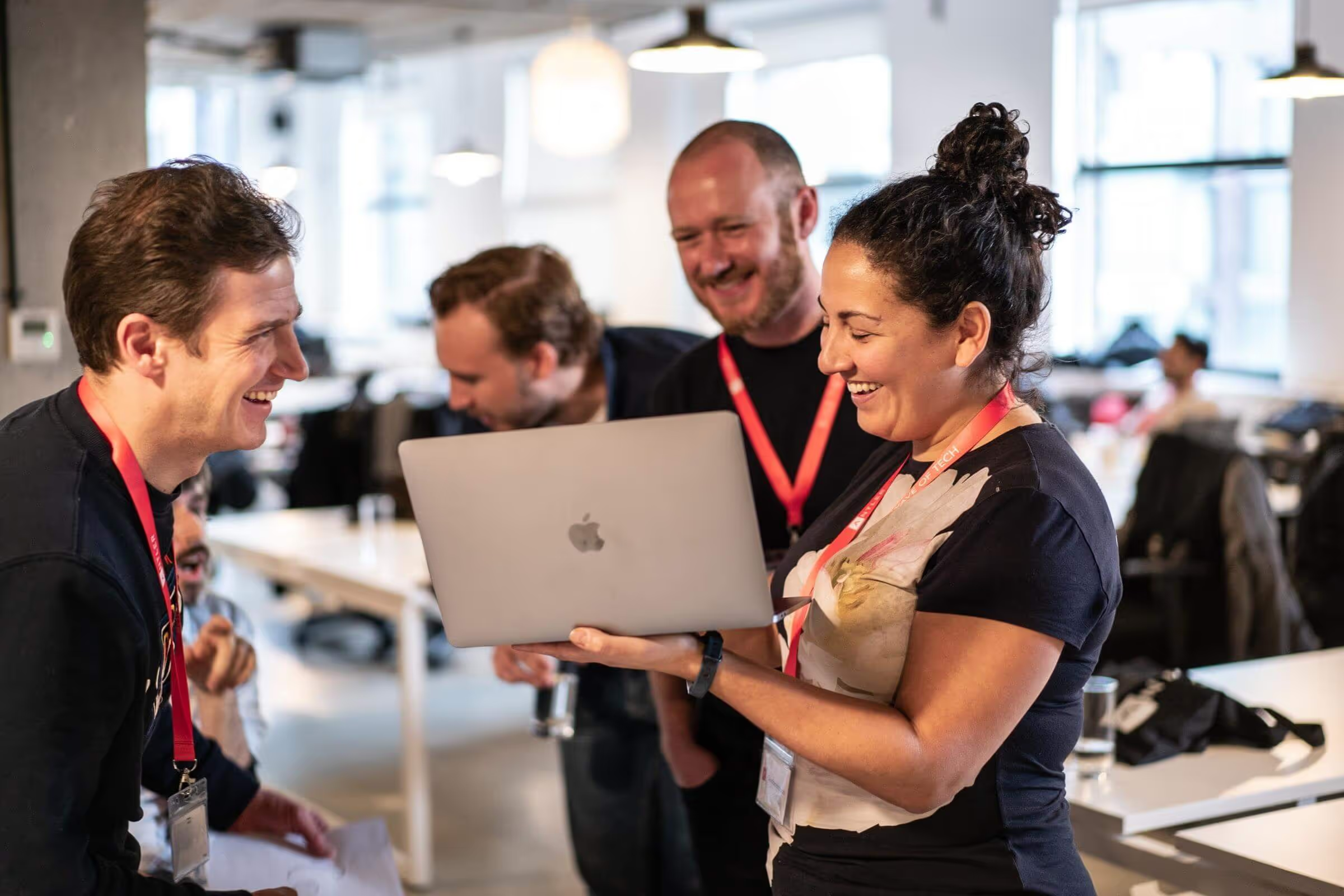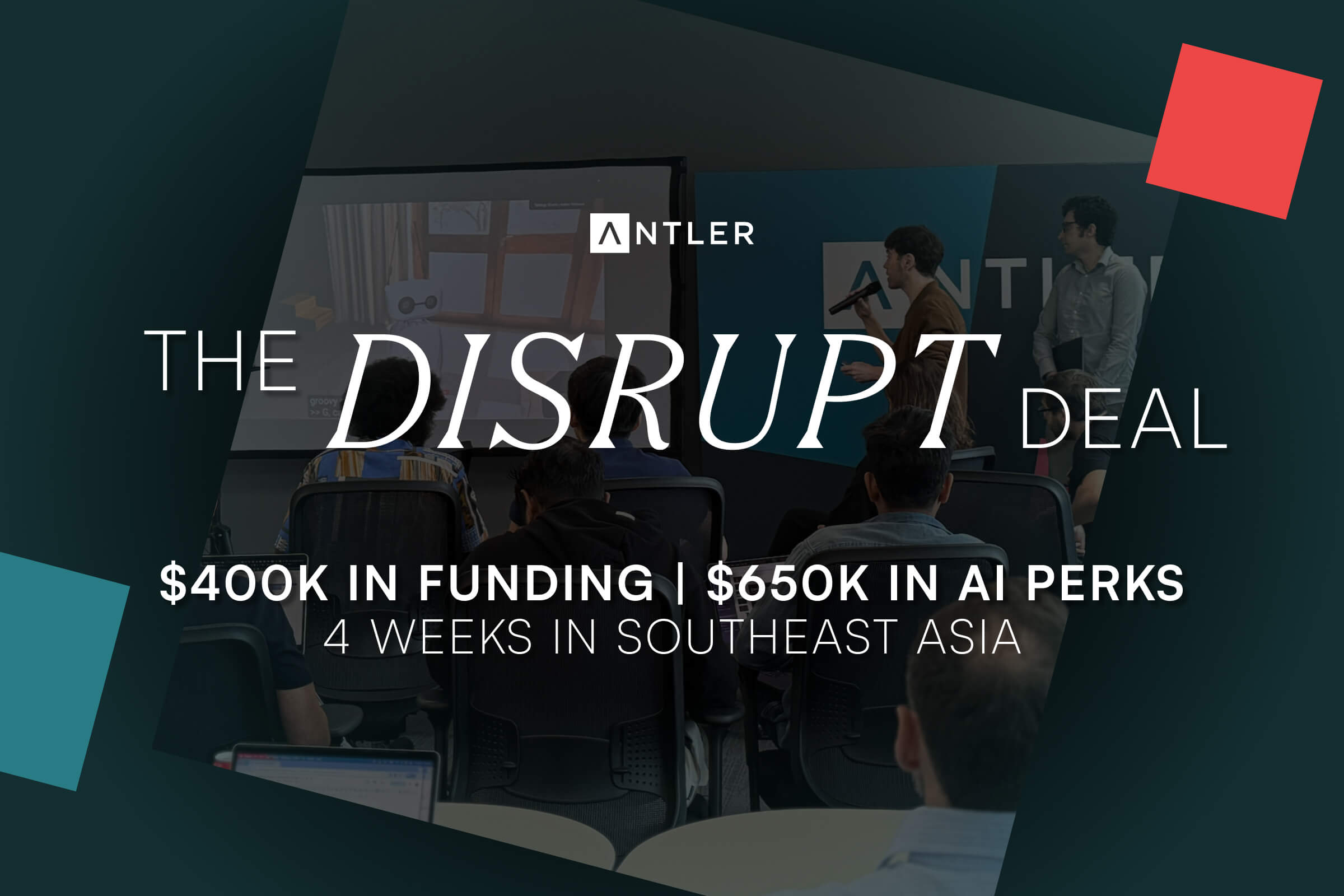Paul's company specializes in "building the teams and company culture to realize entrepreneurial dreams" - and they're good at it too. They've created winning teams at over 200 startups by posing key questions to entrepreneurs that they should reflect on when choosing who to join up with. These questions among other things are designed to help them decide if the energy and motivations are a match. The first being Paul's Golden Rule:
"Is this person an energy gainer or energy drainer to me?"
This question is one that he advises asking yourself every day when it comes to your co-founder. Can you see yourself delight in being around this person almost every day for the next 5 years or more? Do they make you feel energized and motivated or lackadaisical and slow? Put it this way:
Imagine you had a date with your perfect counterpart on paper. They are well educated, like to travel, beautiful and sporty. They check all the boxes for you initially but after talking for 5 minutes the conversation becomes silent. For some reason, there is no chemistry.
Now you can keep analyzing why this happened, or try to adjust your behavior. But if no genuine attraction arises, there must be a reason for that. It works exactly the same when looking for a co-founder. You might find someone who studied at Stanford, brings working experience from Tesla, Google and NASA, has all the necessary skills to build a great product. But if you don't match, your collaboration probably ends up there.
Luckily there is an easy solution: Learn to listen to your gut-feeling, trust your intuition.
CB Insights found that in 2018, 32% of companies failed because there was a lack of motivation and common vision among the team, 9% fail because of a lack of passion and 13% due to founder disharmony. Meaning over 50% of startups fail because the teams behind them should never have been working together in the first place. If the person(s) in question is draining your energy then your motivation is going right along with it.
Avoid these energy vampires.
Paul went on to pose some more questions to ask yourself about your potential team members:
"Do I see passion in their eyes when we talk about our entrepreneurial dreams?"
"Can we trust each other to help each other during a hard time?"
Some of these may seem trivial but he argues that they are important to ask yourself. If you come up with the wrong answer then you simply aren't interested in the person. In a business case this is usually because their motivations and energy focus are not aligned with yours and therefore the partnership probably isn't meant to be.
Speaking of motivation. The second major question to ask yourself is:
"What drives your co-founder?"
Harvard Professor Noam Wasserman wrote a piece for Harvard Business Review titled "The Founder's Dilemma" in which he highlights the main motivations for founders:
You may be quick to assume that every entrepreneur is in the game to make loads of cash but the figures contradicting this may surprise you. The majority of founders actually take an equal or sometimes even lesser salary to that of their employees. Noam highlights that this figure is at roughly 51% of all start-ups. The reason being, they are so attached to seeing their company work they are willing to take less in order to achieve their goals. Given that, money can not always be their primary motivation.
So what are their motivations then?
Working hard for something we don't care about is called stress. Working hard for something we love is called passion.
Well, there can be numerous reasons for what drives people, but we'll focus on two main schools of thought: Problem-Driven Thinking and Solution-Driven Thinking. When it comes to problem-driven and solution-driven motivations the difference really boils down to this:
Solution-driven thinking focuses on the acceptance of a problem and seeks clarity around the reasons as to why solving the problem is important. This thought process is usually the best for actually solving an issue.
Problem-driven thinking focuses on the problem itself and why it emerged. This is usually the most helpful when looking to prevent similar problems in the future.
It's important for founders to be honest about their motivations and thoughts when starting a business. Failure to do so can lead to number 3 of the 5 dysfunctions of a team. "A lack of commitment". Not to mention for the team bonding aspects that go along with this. Simply put:
Different motivations > team members don't buy in > lack of commitment > team dissolves > project dead.
If you don't reflect and voice your motivations early you could end up with a very different solution to a very different problem.
Or worse yet, no solution at all.
__
Paul Musters is a former professional tri-athlete and founder of Fortify.
This article was written by Hayden Young, Marketing Manager of Antler Amsterdam.












